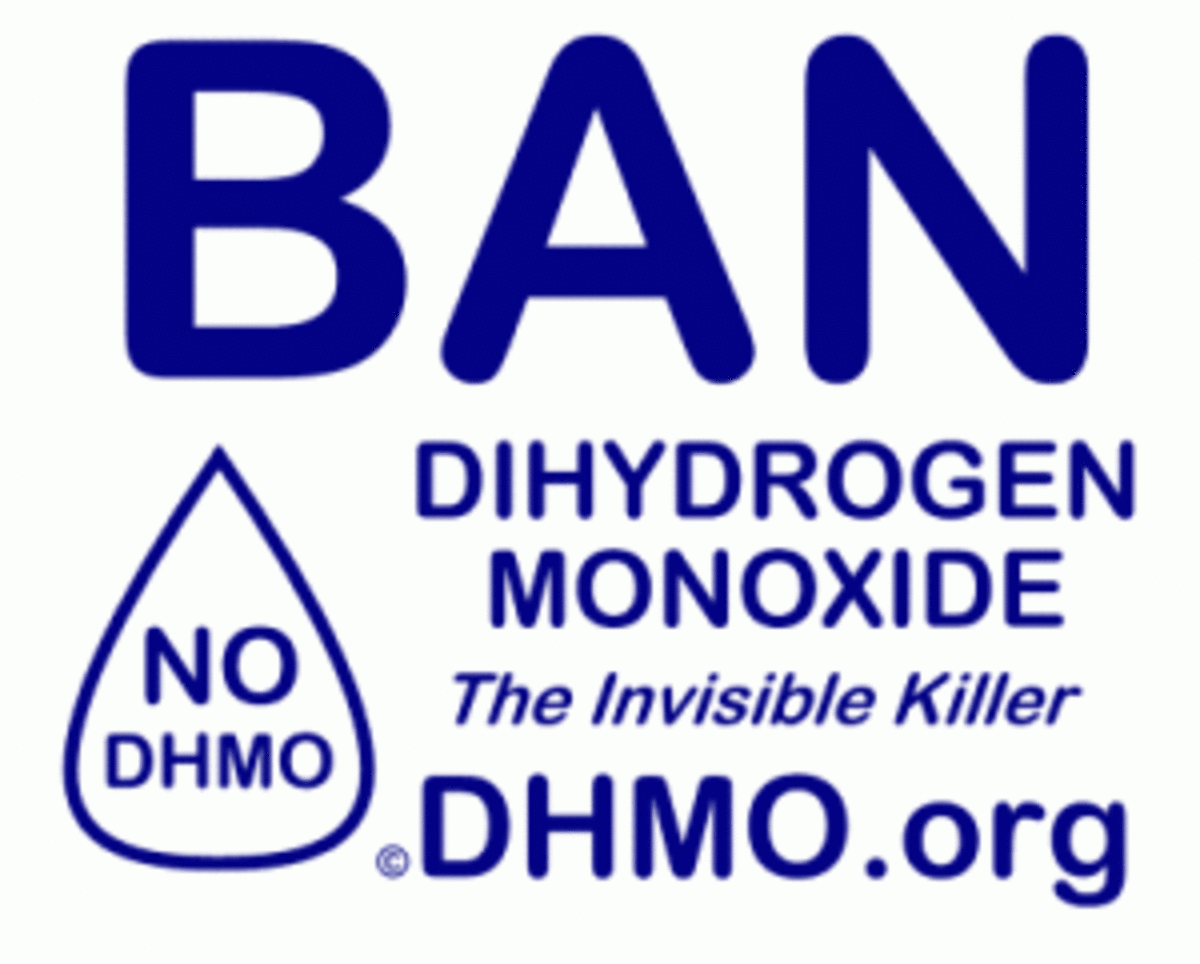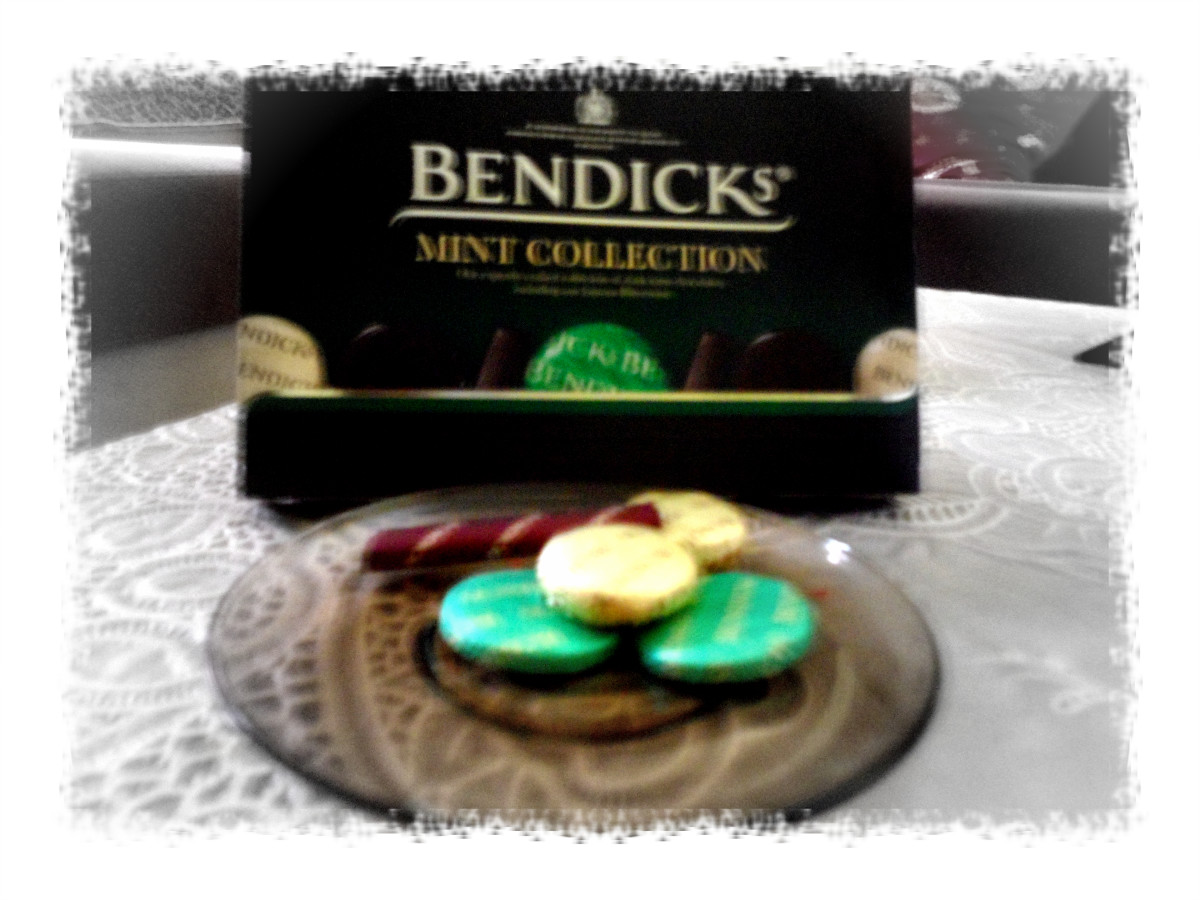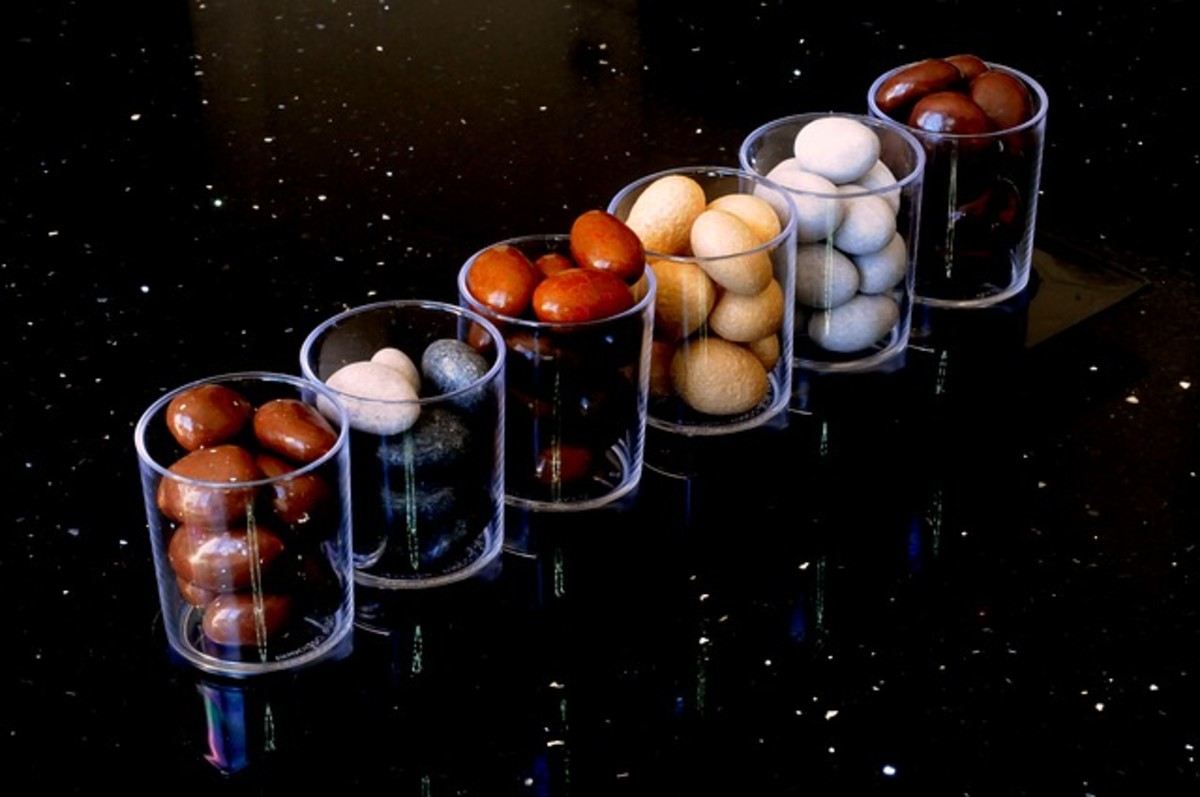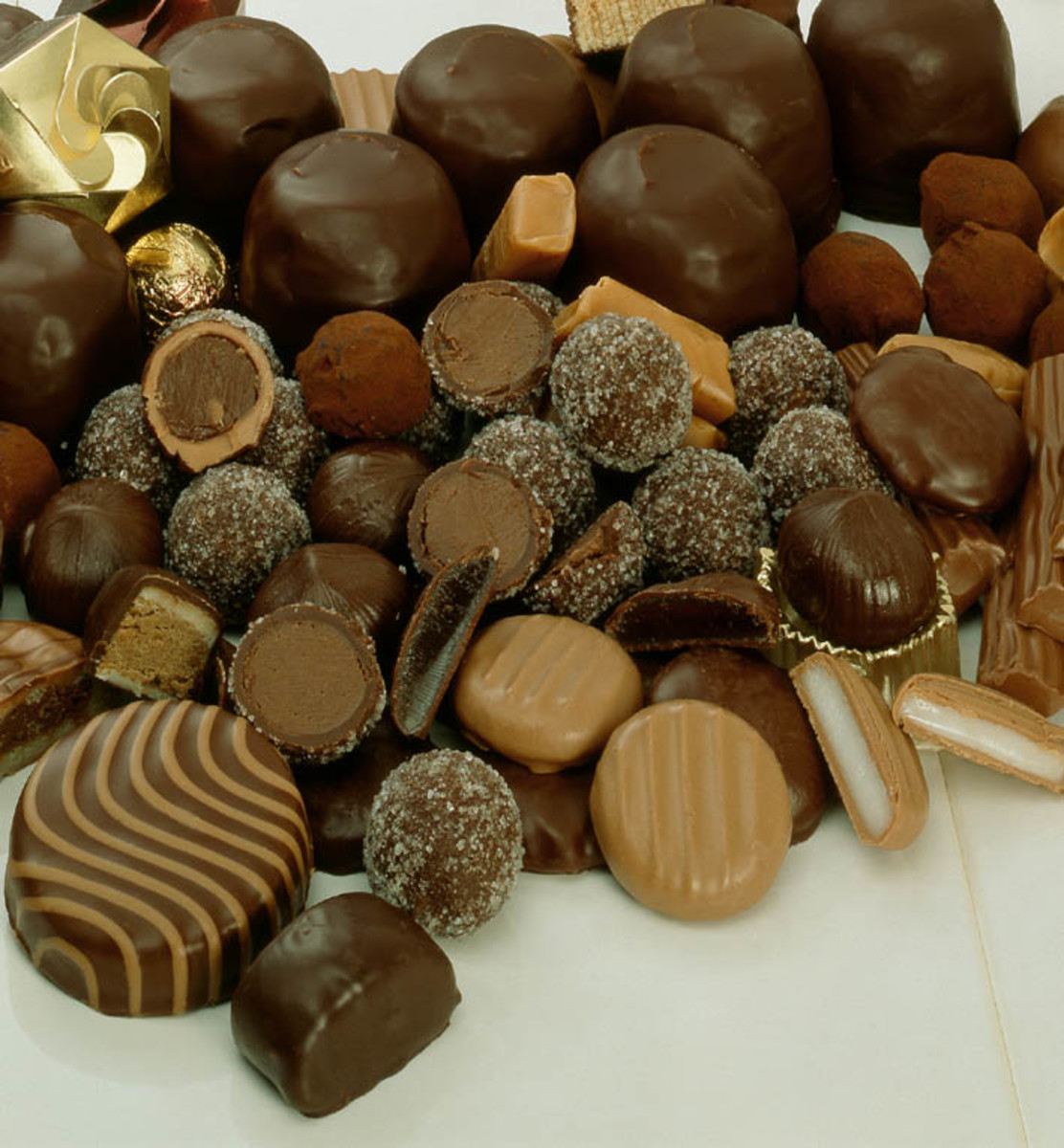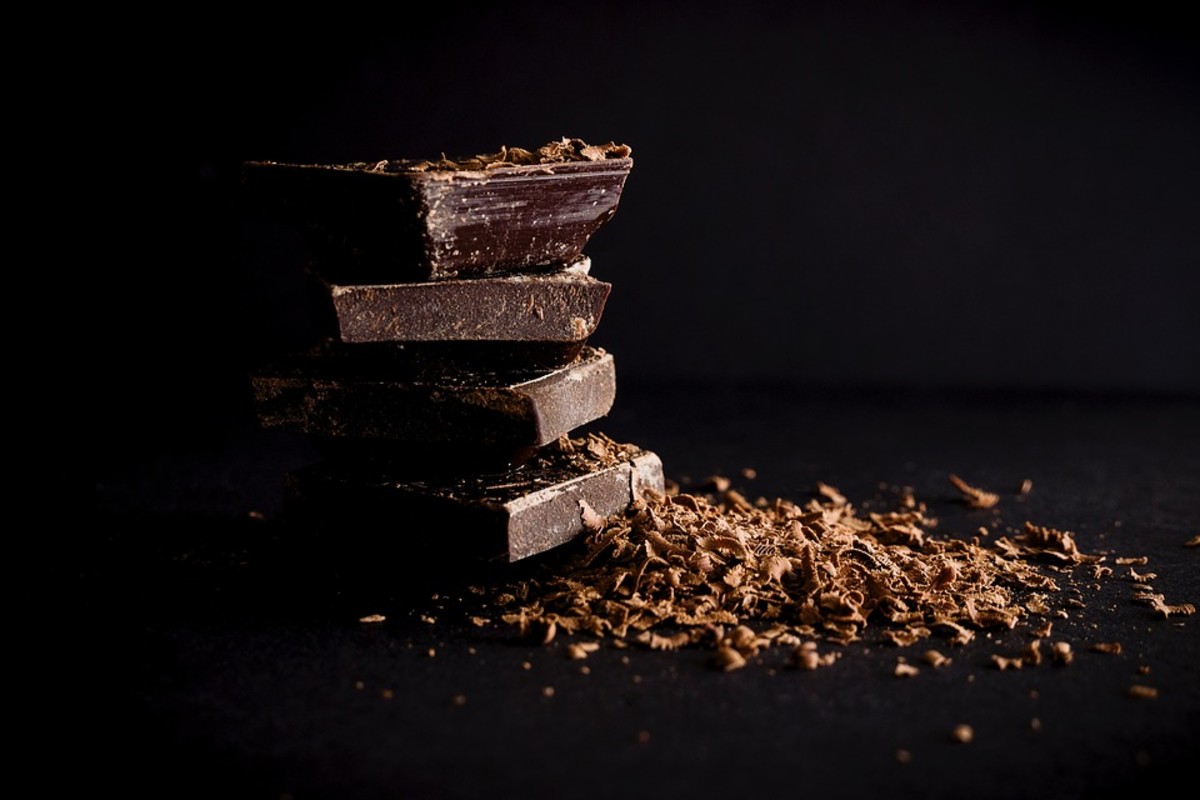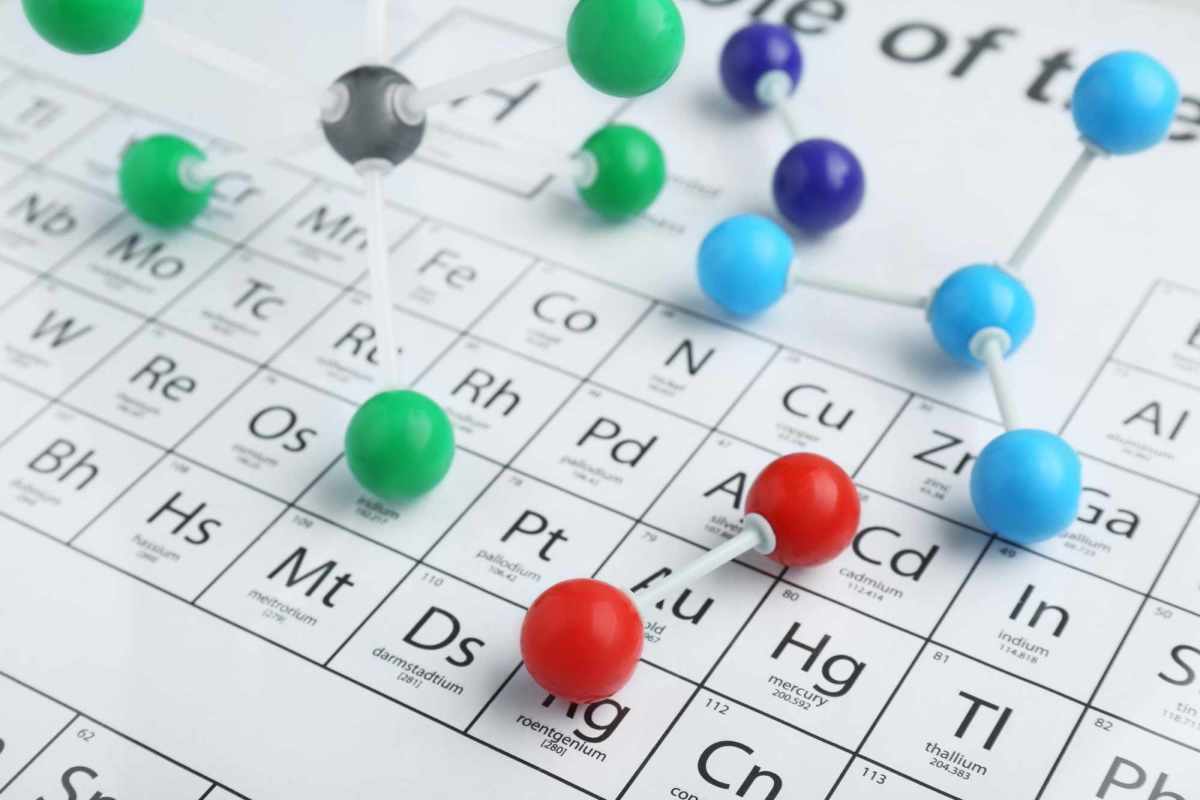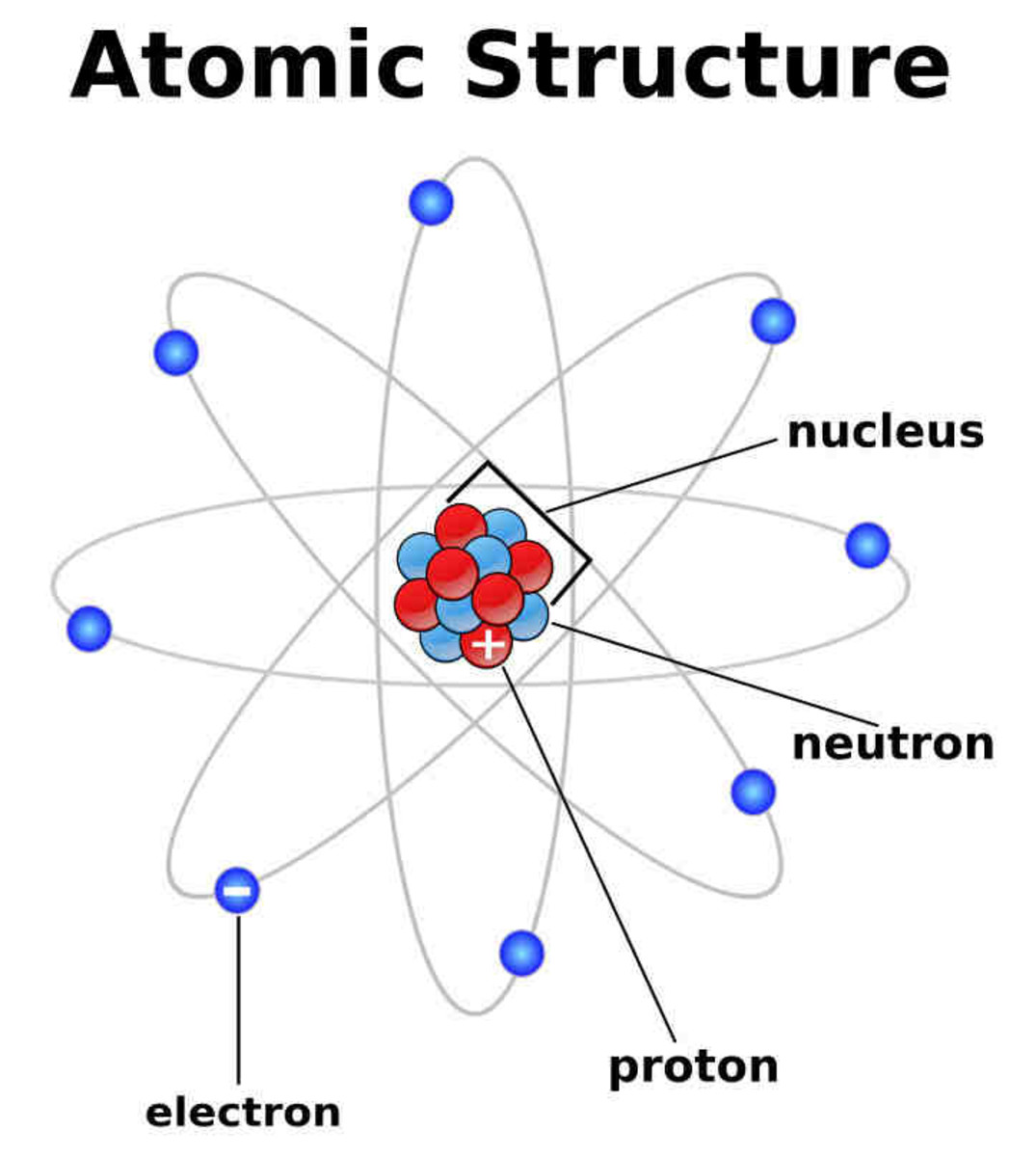Why Do Humans Love Chocolate?
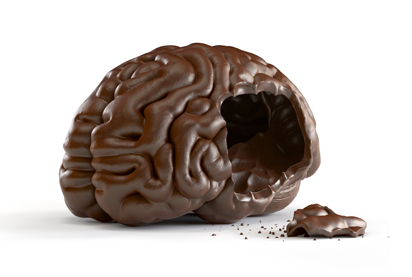
We all know the feeling. Unravelling the plastic wrapper you clutch in your greedy hands, tearing back the foil furiously the reveal the impossibly smooth, creamy bar beneath it. You've been waiting all day for this, to get a taste of its memorable flavour. As you open the packaging your nostrils brim with its sweet scent, sweeter than you remembered it to be, and soon you find yourself gorging on the wrapper's contents, its silken touch caressing your mouth and throat, filling your brain and entire body with an uplifting happiness that you can't quite explain. Chocolate.
But why do we love it so much? Why do we crave it, and what are its secret ingredients that cause our obsession with it?

Phenethylamine
Pronounced phen-yl-eth-yl-amine, it is an organic compound found in many plants. At room temperature phenethylamine is a colourless liquid with a fishy odour, however it is a key component in chocolate, as well as other foods.
Phenethylamine acts as a neurotransmitter in the central nervous system of mammals, meaning it is used by the body to transmit signals between brain cells. The effects of Phenethylamine on the brain include feelings of excitement and attraction. It can also act as an anti-depressant when combined with dopamine, produced naturally in the brain. These kind of feelings are also strongly associated with the excitement of falling in love, so its no surprise that we desire chocolate as we do.
When taken orally, phenethylamine releases norepinephrine, an organic compound, also used as a neurotransmitter, and hormone which is most responsible for concentration and memory skills. It is similar to dopamine, which is also released. Dopamine is an important organic chemical in the body and brain, and plays a major role in reward-motivated behaviour. Drugs like cocaine and methamphetamines act by increasing the effects of dopamine on the brain, showing how phenethylamine would cause the 'buzz' or happiness we get after eating a big slab of Green and Blacks.
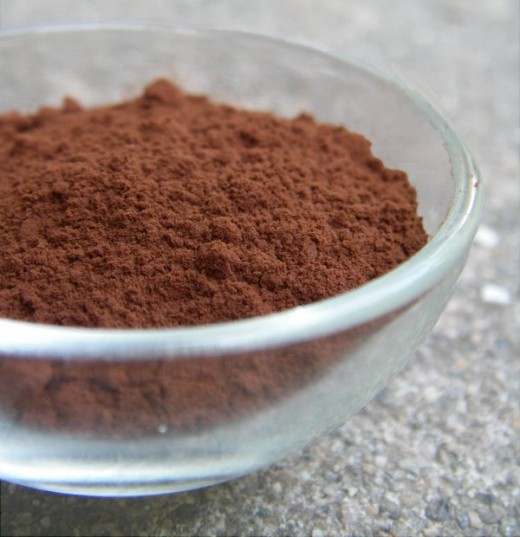

Theobromine
Another key component in our enjoyment of Chocolate is Theobromine, an alkaloid (naturally occurring chemical compound) produced by the cacao plant, which gives dark chocolate its bitter taste. Its name comes from the Greek word 'Theo' meaning 'God', and 'Broma', meaning food, making Theobromine the 'food of the Gods' which makes sense really because chocolate is consistently delicious.
Theobromine is said to have a similar effect on the brain as caffeine does, however much weaker. When working in tandem, caffeine and theobromine create the 'chocolate buzz' or 'high' we experience after wolfing down a snickers bar, due to receiving our daily fix of chocolate. In fact, though not proven, theobromine is said by some scientists to produce a similar, but much much weaker high than that of using cannabis, due to its similar effects on the brain. But don't worry, eating a bag of chocolate buttons isn't going to give you the Munchies - if you'll pardon the pun.
A startling fact about the compound is that large consumption of large quantities of it can cause theobromine poisoning! But you'd need to eat a lot very quickly for this to happen. Theobromine poisoning is why usually dogs need to be kept away from any kind of chocolate, as they have a lower tolerance to the theobromine than humans.
The alkaloid also stimulates the heart, to a greater degree than that of caffeine, in fact. However, while not as addictive as caffeine, it is thought to be the cause of addiction to chocolate, and also to the idea of chocolate's use as an aphrodisiac! Theobromine occurs up to 10 times more in dark chocolate than milk, due to dark chocolates higher cocoa content, which you can read more about here.

How often do you eat chocolate?
Tryptophan
It is a fundamental and must have fraction of our diet that is found in small amounts in chocolate, and is quite literally essential for human life. Tryptophan is an amino acid, a biologically important compound used to make proteins in the body as well as other very important roles. As humans, we cannot produce our own Tryptophan, and therefore it is key that it is part of our diet - what a great excuse to use next time you're denied of a packet of Poppets by your mum!
Tryptophan is used by the body as a 'biological precursor' - which simply means it is used in the chemical reaction to make other compounds the body needs. It is used in the creation of Niacin (an essential human nutrient/ vitamin), Auxin (a class of plant hormone) and most importantly, Serotonin.
Serotonin is a neurotransmitter, thought to be a large contributor to feelings of happiness and well-being. Serotonin is also used in treating depression and GAD, due to these apparent feel-good effects. Furthermore, it is used in the creation of Melatonin, a hormone which is responsible for many things, but most notably, sleeping pattern and as an antioxidant. Supplemental melatonin users also report increased vividness in dreams, as well as observed dramatic increase in REM sleep time, showing the effects of the hormone on the brain.
Melatonin's anti-ageing properties are a good enough reason to really tuck in next time you're offered a Lindt truffle.
Did you know, dark chocolate is the healthiest of all the types of chocolate, and contains the highest amount of Cocoa.
Health Benefits of Chocolate
Any experienced Chocolatier knows that the stuff contains plenty of antioxidants - especially dark chocolate. In fact, good quality dark chocolate contains up to 8 times the number of antioxidants that in strawberries! Dark chocolate has a higher cocoa content, and no fatty milk that other chocolates do, immediately making it the chocolate of choice, albeit its acquired bitter taste.
Dark chocolate contains Flavonoids - a highly beneficial organic compound found in plants, that is said to prevent blood vessel ruptures and lower blood pressure - in turn making the heart more healthy.
It has also been found that dark chocolate contains compounds that stop the oxidation of LDL, reducing bad cholesterol in the body, and thus lowering the risk of heart disease.
To Conclude
The sensations we feel when we eat chocolate are a result not only of its pure deliciousness, but the chemicals it contains. It is interesting to break down the things we enjoy and see exactly why we enjoy them, as it also tells us about the complexity of our bodies and what makes them tick.
It is a common misconception that chocolate is fatty and unhealthy, and while that may be true in large quantities of the wrong chocolate, this is true for anything. Too much of a good thing is never good. But just the right amount is perfect.
If you enjoyed this Hub, feel free to check out some of my others!
The Battle of the Chocolates: White vs Milk vs Dark
5 Badass Bugs - Scariest Insects on Earth

